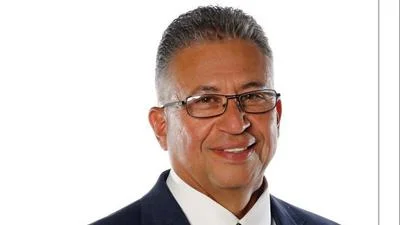After a long debate in the New Mexico House of Representatives, a bill that would prohibit life sentences without parole for young offenders now awaits a signature by the governor before becoming law.
Senate Bill 64 would apply to offenders whose crimes are committed when they are under 18 years of age. The bill would also retroactively apply to all offenders currently serving life sentences for crimes they committed while under the age of 18.
Democratic sponsors of the bill argued that those who commit crimes as children deserve empathy.
“One of the things that I have found throughout my life...is that the concept of empathy and forgiveness is not just a legal one,” Rep. Dayan Hochman-Vigil (D-Albuquerque) said in debate on the House floor, quoted by KRQE. “It’s also a religious one, a righteous one, and truthfully, a painfully human one. That’s what I love about this bill.”
Sen. Antoinette Sedillo Lopez (D-Albuquerque) sponsored the bill.
"[The bill] brings New Mexico in line with national best practices and what every parent knows,” she said in a February NM Political Report release. "Children are works in progress. We need sentencing laws that allow for transformation.”
Much of the debate that lasted into the early morning hours centered on excluding some crimes. Rep. John Block (R-Alamogordo) tried to amend the bill to include an exception for those convicted of mass shootings. Block’s proposal would allow courts to sentence mass shooters under 18 to life in prison without parole.
That amendment was rejected by the majority of the House, which argued that the legislation only means young mass shooters must have the opportunity for a parole hearing. They could still be denied parole during that hearing.
The bill eventually passed the House by a 37-25 vote. Governor Michelle Lujan Grisham has until April 7 to decide if the bill becomes law.









